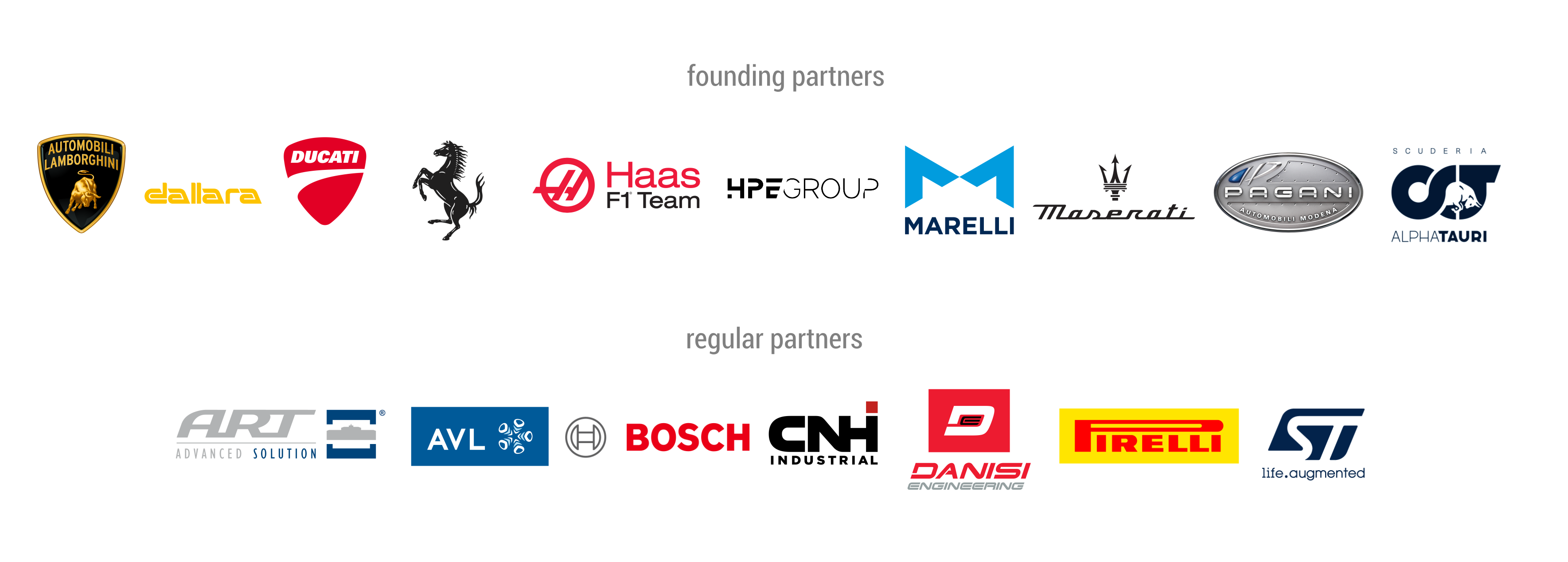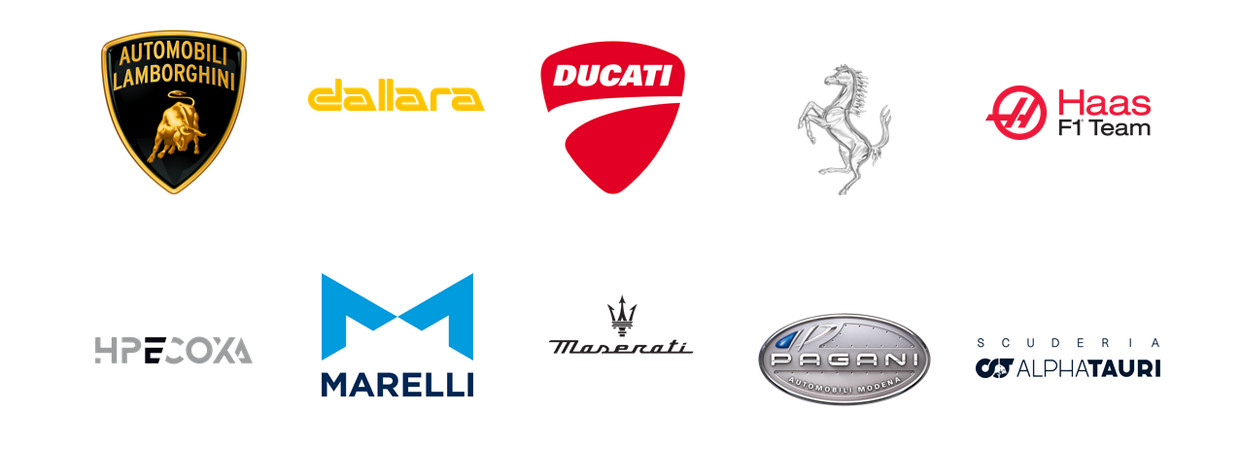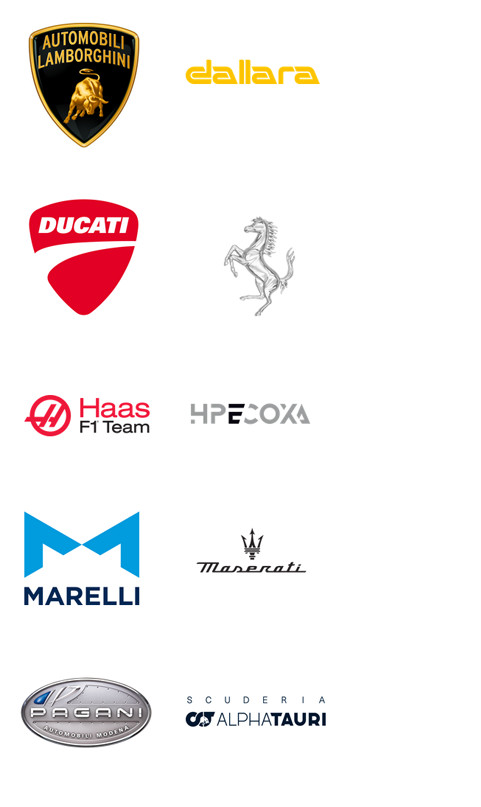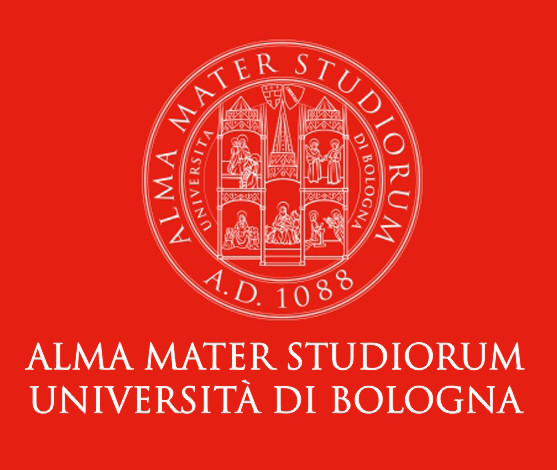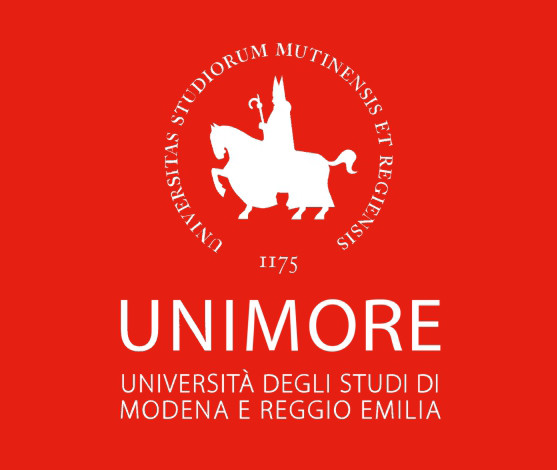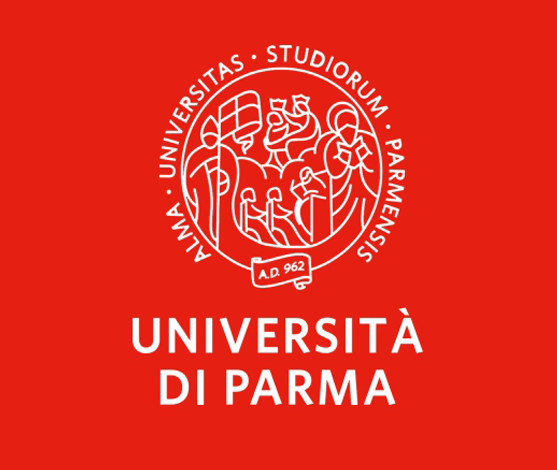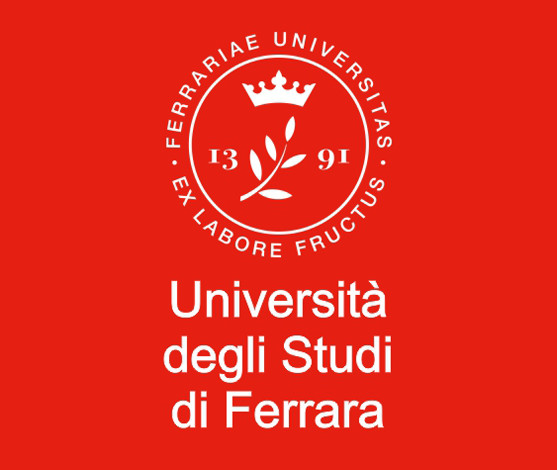By using the University website you are consenting to the processing of data about you by Google in the manner and for the purposes set out above. According to the terms of service in place, Google will use this information, as the independent holder of the treatment, for the purpose of tracing and examining the use of the website, compiling reports on site activities for use by site operators and providing other services relating to website activity, connection methods (mobile, pc, browser used, etc.) and to search and page browsing methods of the website. Google may also transfer this information to third parties where required to do so by law or where such third parties process the information on Google’s behalf. Google will not associate IP addresses with any other data held by Google. To consult the privacy policy of the Google company concerning the Google Analytics service, please visit the website. To learn more on Google Privacy, please visit the specific website page. Monitoring cookies can be disabled without any consequence on the navigation of the University website: to disable them see the next section “How to disable cookies by configuring the browser (opt-out)”.
2.1.3 Website and third-party services
The site may contain links to other websites that have their own privacy policy. The University is not responsible for the processing of data carried out by these sites.
2.1.4 How to disable cookies
You can refuse consent to the use of cookies by selecting the appropriate settings on your browser: the unauthenticated navigation on the University website will still be available in all its functions. Listed below you will find the links that explains how to enable cookies for the most common browsers (for other browsers that may be used, we suggest searching for this option in the software help section).
- To disable only Google Analytics Cookies
Alternatively, you can only disable Google Analytics cookies, using the opt-out add-in provided by Google for the main browsers.
- To delete cookies already saved on the terminal
Even if the authorization to use third-party cookies is revoked, before such revocation, cookies may have been stored on the user’s terminal. For technical reasons it is not possible to delete these cookies, but the user’s browser allows them to be deleted from the privacy settings. The browser options contain the option “Clear browsing data” that can be used to delete cookies, site data and plug-ins.
2.2 DATA OF TELEMATIC TRAFFIC
The computer systems and software procedures used for the website functioning can acquire, during their normal operation, some personal data whose transmission is implicit in the use of Internet communication protocols or is used to improve the quality of the service offered.
These information are not collected to be associated with identified interested parties, but because of their very nature could, through processing and associations, allow users to be identified.
This category of data includes IP addresses or domain names of the computers used by users connecting to the site, the addresses in the Uniform Resource Identifier (URI) notation of the requested resources, the time of the request, the method used to submit the request to the server, the size of the file obtained in response, the numerical code indicating the status of the response given by the server (success, error, etc.) and other parameters relating to the operating system and the user’s computer environment.
The provision of data is mandatory. These data are kept for six months, unless otherwise provided for by current legislation. These data are used in order to obtain anonymous statistical information on the use of the site and to check the correct functioning of the information systems. The data could also be used to ascertain responsibility in case of hypothetical computer crimes or in case of damage to the University or to third parties. These data are processed in compliance with the provisions of the D.R. 271/2009 Annex B art. 14.
2.3 DATA PROVIDED VOLUNTARILY BY THE USER
The optional, explicit and voluntary sending of e-mails, messages or any type of communications addressed to the contacts indicated on the University website entails the subsequent acquisition of the sender’s address or any other personal data that will be used to respond to requests. This treatment will be based on principles of correctness, lawfulness and transparency and protection of confidentiality as indicated in the legislative decree 196/03.
3. CONTROLLER
The controller of the data that are the subject of this report is Muner – Motorvehicle University of Emilia Romagna, located in Via Vivarelli n.10, 41125 Modena (MO). If the user intends to oppose the processing of data for legitimate reasons, he is required to notify in writing at Muner – Motorvehicle University of Emilia Romagna, located in Via Vivarelli n.10, 41125 MODENA (MO).
4. OPTIONAL DATA PROVIDING
Apart from what is specified for cookies and browsing data, the user is free to provide personal data contained forms on the website or indicated at the time of contact with the University to solicit the sending information material, other communications or to access specific services. Failure to provide such data may make it impossible to obtain what has been requested.
5. MODE OF TREATMENT
Personal data are processed exclusively for institutional purposes, with automated tools for the time strictly necessary to achieve the purposes for which they were collected. Specific security measures are observed to prevent data loss, illicit or incorrect use and unauthorized access.
6. DATA SUBJECTS’ RIGHTS
Pursuant to art. 7 of the legislative decree n. 196/2003, the subject to which the personal data refer, has the right: To obtain confirmation of the existence or not of data concerning him, even if not yet registered, and their communication in an intelligible form.
To obtain indications on:
- a) the origin of personal data;
- b) of the purposes and methods of the processing;
- c) of the logic applied in case of treatment carried out with the aid of electronic instruments;
- d) of the identifying details of the holder, of the responsible and of the designated representative according to article 5, paragraph 2;
- e) of the subjects or categories of subjects to whom the personal data may be communicated or who can learn about them as appointed representative in the territory of the State, managers or agents.
To obtain:
- a) updating, rectification or, when interested, integration of data;
- b) the cancellation, transformation into anonymous form or blocking of data processed unlawfully, including data whose retention is unnecessary for the purposes for which the data were collected or subsequently processed;
- c) the attestation that the operations referred to in letters a) and b) have been brought to the attention, also with regard to their content, of those to whom the data have been communicated or disseminated, except in the case in which this fulfillment proves impossible o involves a use of means manifestly disproportionate to the protected right.
To object, in whole or in part:
- a) to, for legitimate reasons, the processing of personal data concerning him, even if pertinent to the purpose of the collection;
- b) to the processing of personal data concerning him for the purpose of sending advertising or direct sales material or for carrying out market research or commercial communication.

